#greek play
Text
Go then if you must, but remember, no matter how foolish your deeds, those who love you will love you still.
- Sophocles, Antigone
#quotes#books#literature#lit#classics#academia#light academia#dark academia#chaotic academia#book#book quotes#quotation#Sophocles#Antigone#Play#Greek Play#Fiction#The Theban Plays#greek literature
75 notes
·
View notes
Text

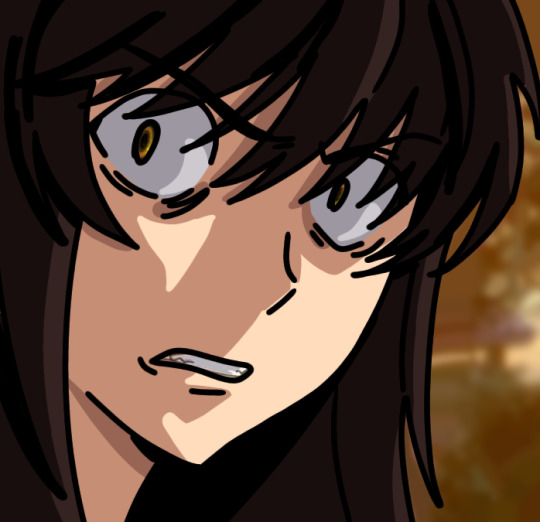
Yandere Medea...
Save me Yandere Medea...
Yandere Medea save me...
#greek mythology#jason and the argonauts#argonautica#medea#medea play#euripides#euripedes#greek myths#greek myth#greek tragedy#greek play#greek plays#greek mythos#mythos#mythology#greek mythology art#ancient greek mythology#my art#digital art#not really proud of the first one but you get my vision
24 notes
·
View notes
Text
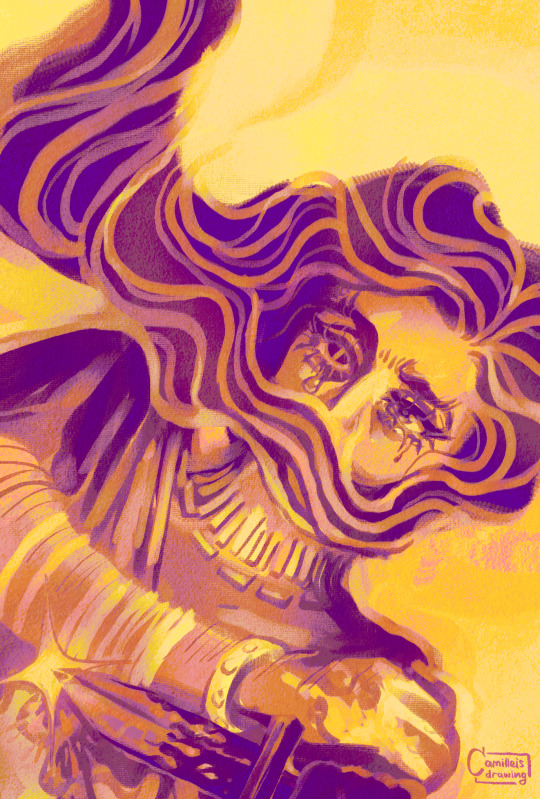
Medea, a mother.
#camilleisdrawing#medea#medea euripides#jason and medea#greek myths#greek mythology#greek mythology art#greek play#doodle#digital painting#clip studio paint#i painted this during syntax again 👁️👄👁️
77 notes
·
View notes
Text
After reading Medea—Im not saying she’s right but I’m also not saying she’s wrong…
The fact I’m reading Jason and the argonauts after is going to ruin my perception of him.
#i support womens wrongs#medea#jason and medea#euripides#jason and the argonauts#Greek myth#Greek play
35 notes
·
View notes
Text


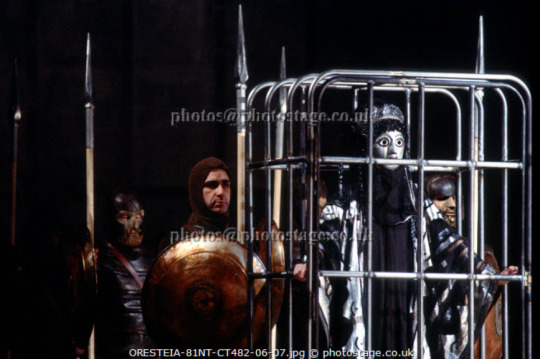

Woe cassandra be upon ye
#Cassandra oresteia#Cassandra#oresteia agamemnon#the oresteia#oresteia#greek play#greek mythology#shes saur cute i love her
37 notes
·
View notes
Text




Oscar Isaac, “The Suppliants” virtual reading
#oscar isaac#oscar isaac hernandez estrada#greek play#the suppliants virtual reading#moon knight#marc spector#steven grant#jake lockley#poe dameron#nathan bateman
86 notes
·
View notes
Note
okay so whats the context of that Herakles quote you reblogged tho
Howdy anon.
I’ll start by adding:
TW/CW: suicide mention. Child death mention.
Also spoilers for the play Herakles if you want to read it.
Herakles is a play by Euripides. It’s a Greek Tragedy with a focus on Heracles’ 12 Labors (mainly his journey to the Underworld to capture Cerberus)
Anyway.
Heracles is hated by Hera since he’s Zeus’ son. She curses him with madness like 3 or 4 different times in his mythology. This tragedy shows her sending Heracles into madness where he believes he is slaying the king who forced him into the 12 Labors.
After his rampage he regains lucidity and learns he’s slaughtered his wife and kids.
The quote in question:
Theseus: Stop. Give me your hand. I am your friend.
Herakles: I fear to stain your clothes with blood.
Theseus: Stain them, I don’t care.
This dialogue happens as Theseus is trying to console Heracles and convince him not to unalive himself. While really tragic it’s also a sign of Theseus’ kindness or simply his loyalty to Heracles (who had pulled Theseus from the underworld earlier in the play)
In Ancient Greek society killing your family or “kindred bloodshed” was like one of the worst things you could do. Still Theseus remained by Heracles’ side, and even gives him hospitality in Athens and half of his wealth.
The play ends with Heracles deciding not to die while leaning on Theseus as they head to Athens.
Sorry for all the text. But this play is emotional! Felt like it needed context as to why it’s both tragic and profound that Theseus said this to Heracles.
#relevant rambles#greek mythology#Theseus#Heracles#Herakles#greek tragedy#greek play#the way Herakles can’t even attend the funerals by law#fuckin devastating#Theseus was a real one for this
21 notes
·
View notes
Text
Heracles:
What is it, little brother?
Dionysus
I can't explain.
But still I'll try to tell you in a riddle.
Did you ever feel a sudden urge for soup?
Heracles:
Soup! Yowee! Ten thousand times so far.
Dionysus:
Have I made it clear, or should I try again?
Heracles:
Not about the soup, I fully comprehend.
- Aristophanes, Frogs, Line 60
#my post#elysse talks#greek#greek mythology#classics#aesthetic#ancient greek#ancient history#greece#gods#Heracles#Dionysus#Aristophanes#soup#greek plays#greek play#Aristophanes frogs#frogs#ancient literature
3 notes
·
View notes
Text
Need more people to appreciate i get to perform lobotomies with my hobby

Anyway if you needed motivation to get into theater (and especially Greek theater) this should be it
#theatre#greek theatre#play production#greek play#fables adventures#free lobotomy!#we needed his skull and he wasnt using it#and i got to use the saw on him after the soldering iron only made it so far through the plastic#it was not osha approved
4 notes
·
View notes
Text

2 notes
·
View notes
Text
So I'm new to this but it's just songs? No acting or scenes? Or even dialogue??
11 notes
·
View notes
Text
τοιοῖσδε χρησμοῖς ἆρα χρὴ πεποιθέναι;
κεἰ μὴ πέποιθα, τοὔργον ἔστ᾽ ἐργαστέον.
πολλοὶ γὰρ εἰς ἓν συμπίτνουσιν ἵμεροι.
Must I trust in these oracles?
Even if I do not, the deed must be done.
For many desires dash together into one.
[Aeschylus, Libation Bearers, line 297-299]
τοιάδ᾽ ἐξ ἐμοῦ
ὁ τῶν θεῶν τύραννος ὠφελημένος
κακαῖσι ποιναῖς ταῖσδὲ μ᾽ ἐξημείψατο.
ἔνεστι γάρ πως τοῦτο τῇ τυραννίδι
νόσημα, τοῖς φίλοισι μὴ πεποιθέναι.
He was aided by me in these things,
and yet the tyrant of the gods repaid me
with a malicious reward.
For somehow this malady is ever present in tyranny:
not trusting those dear to you.
[Aeschylus, Prometheus Bound, lines 223-227]
#aeschylus#orestes#prometheus#ancient greek#classical mythology#translation#the oresteia#greek language#greek tragedy#greek play#classics#classical literature#my own work#dys blurbs#i liked these excerpts#something about trust
8 notes
·
View notes
Text
Greatness brings no profit to people.
God indeed, when in anger, brings
Greater ruin to great men’s houses
— Euripides, Medea (transl. Rex Warner)
#Medea#Euripides#words#quotes#tragedy#lee postz#quote#mythology#plays#literature#Greek tragedy#greek mythology#writing#Greek plays#on power#on anger#on god#anger#power#Greek play
4 notes
·
View notes
Text

coloured old drawings of some characters in my mind while reading Euripides' version of Elektra! from early December 2021 oh my gods
#camilleisdrawing#traditional art#sketchbook art#greek mythology art#greek play#elektra#orestes#pylades#watercolor#watercolor art#euripides#greek myth art#electra
11 notes
·
View notes
Text
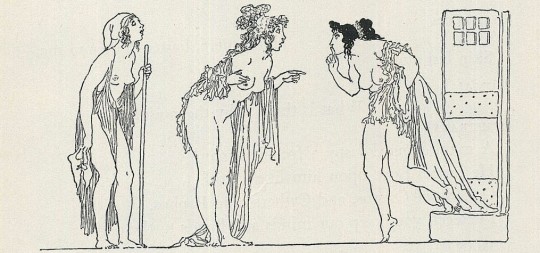
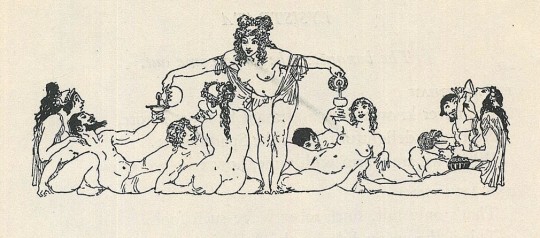
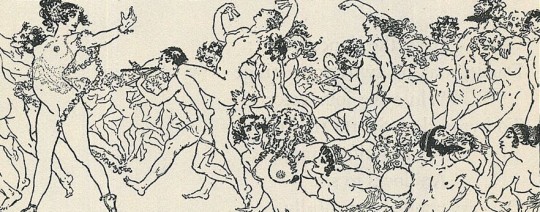
Illustrations from Aristophanes' Lysistrata by Norman Lindsay (1930)
#norman lindsay#art#illustration#golden age of illustration#1930s#1930s art#vintage art#vintage illustration#vintage#australian artist#australian art#plays#greek plays#ancient greece#aristophanes#lysistrata#classic art
15K notes
·
View notes
Text
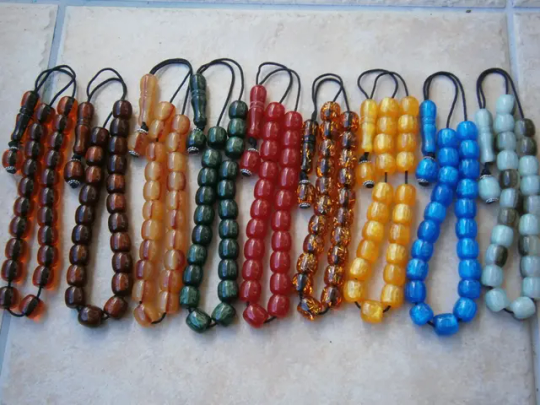
stim toys for old greek men ^
#this is very specific but if you know an old greek man youll understand#theyre actually genuinely fun to play with tho i get it. it really does occupy the hands well#i cant do tricks with them like all the old men tho LOL
13K notes
·
View notes